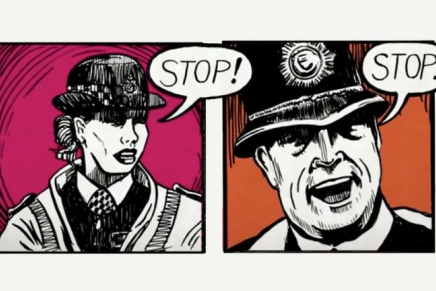
The young people’s charity, Just for Kids Law, strongly supports a recommended change to the Sentencing Code made by the Law Commission today that could clarify the status of children in the criminal justice system.
Following a joint submission by Just for Kids Law and the Howard League for Penal Reform, the Law Commission report recommends a change to the Code and future legislation to remove ambiguity in the description of young people and ensure that all under-18s are recognised as children.
Existing legislation includes a distinction between “children” and “young persons” in the context of people convicted of crimes under the age of 18, leading to inconsistency in sentencing and a lack of clarity on whether young offenders should be sentenced as children. Agreeing that this distinction is outdated, the Law Commission highlights the ambiguity and disparities created by this, in particular noting that the current Code leads to a situation where “the availability of sentences differs variously depending on whether a person is convicted at age 10, 12, 14, 15, 16 or 18 and not simply whether they are under 14 or aged 14 or over.”
The report recommends the Code and future legislation be amended to describe all people convicted under the age of 18 as “children”. The report further highlights the need to clarify the situation for offenders who were convicted when under the age of 18, but who may be aged 19 or 20 when the relevant law applies.
Enver Solomon, CEO of Just for Kids Law, said: “We have long campaigned for the criminal justice system to recognise all under-18 year olds as children and applaud the Law Commission for taking this forward. It is a step towards improving the situation for those who reach the age of 18 with unresolved criminal justice issues, who currently suffer from uncertainty and an inconsistent application of the law. It is vital that all children are recognised as such by the criminal justice system, and that agencies and the courts uphold the rights entitled to them under national and international law.”
Cover image by Dun.can via Flickr
